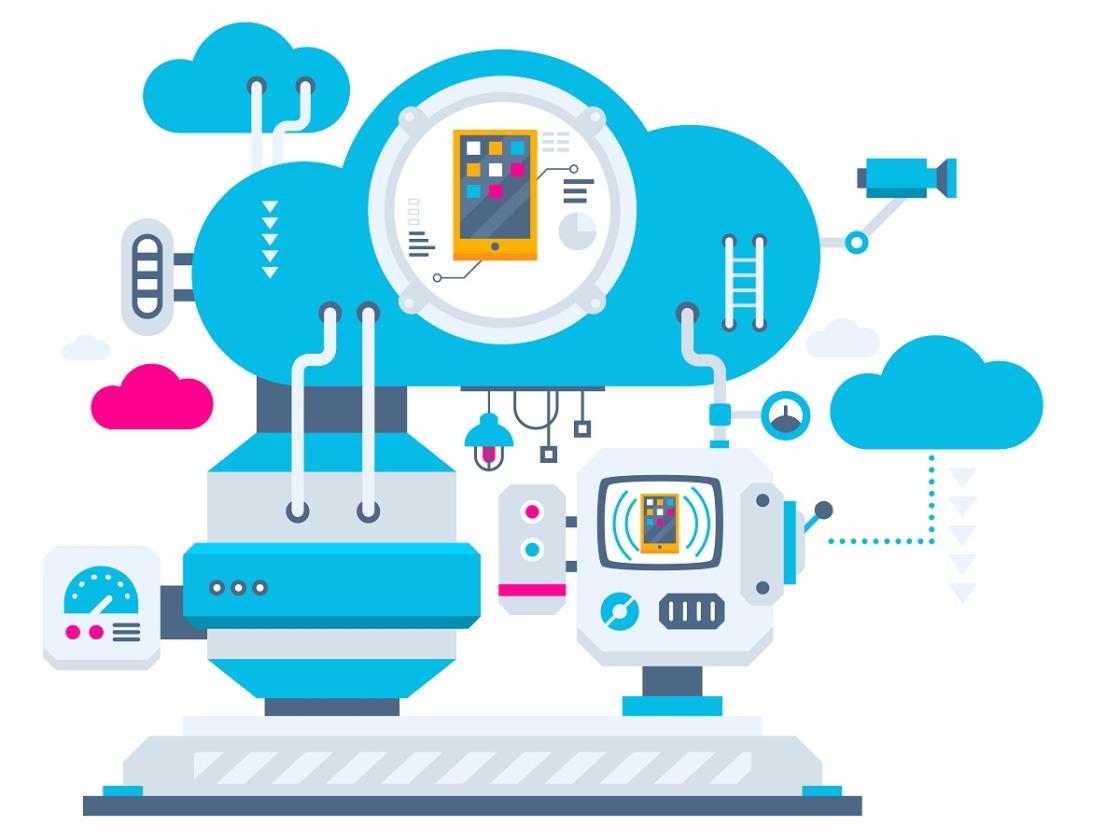Korean tech companies are targeting bigger fishes with their frontier on the cloud computing industry. Companies like KT, Naver, and NHN are reportedly upping their efforts to offer cloud computing services to banking and other financial institutions. This move is in spite of having to deal with more established service providers such as Microsoft, Google, and Amazon Web Services.
Everything related to banking and finances often requires overly secure systems and facilities. Korean tech companies hope to take advantage of this fact by having databases closer to the banks they are servicing.
Notably, Korean tech companies entered the cloud computing scene for banks very late. This delay, however, can be attributed to the government only recently lifting the restrictions on the handling of personal data and electronic financial transactions through private cloud service providers last January.
To get ahead of the game, each company made sure to process all required accreditation in servicing banks. These included passing tests that the Financial Security Institute conducts for these kinds of businesses.
KT passed this exam last May with Naver and NHN following just this June. The government also requires data centers to be physically present in Korea disadvantaging foreign cloud computing companies.KT has officially announced its offer to provide KEB Hana Bank with global payment network systems.
While NBP, Naver’s subsidiary, through their CEO Park Won-ki expressed their intention to invest more in developing more tailor-fit cloud services for financial institutions. NBP will also be partnering with KOSCOM to provide more globally competitive products. According to reports, their cloud database will be set up in Yeouido, Seoul.
NHN will also be rolling out TOAST Cloud for financial companies. ” With our TOAST Cloud, we will target corporate clients in the financial and commerce sectors in 2019,” said Kim Dong-hoon, the director of NHN’s cloud business department during a press conference last January.
Cloud computing is a semi-independent online computer system resources often available to multiple users. Some standard cloud computing services include data storages and computing power sharing. It helps companies minimize costs by cutting maintenance and personnel needed.







